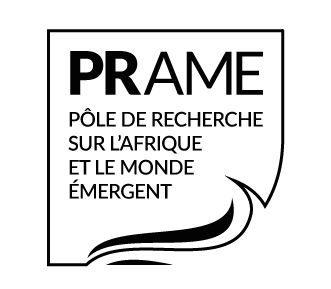Chinese Development Aid and Finance: Effective Soft Power Tool or Public Diplomacy Liability? A Spatial Study of Project Influence
Benjamin Toettoe. (2023). Chinese Development Aid and Finance: Effective Soft Power Tool or Public Diplomacy Liability? A Spatial Study of Project Influence. International Journal of China Studies 14(1): 49-77.
Abstract
China has risen to become a significant donor of foreign aid and assistance in recent years. As with other major donors, such economic flows in the provenance of China are tied to the latterʼs strategic aims. Specifically, the use of economic outlays as a tool of soft power and public diplomacy has been identified as a key motivation in Chinese disbursement decisions. However, studies examining the empirical success of Chinese foreign aid and assistance in acting as such have, so far, come to diverging conclusions. This study offers an investigation of the spatially diffused effects of infrastructure project sites tied to Chinese funding sources on local public opinion in Ecuador, a country that offers an interesting case showcasing the effects of the unfolding great power competition on local public opinion. We find, that controlling for socio-economic and ideological individual characteristics holding the potential to affect survey respondentsʼ views on China, project influence is significantly and negatively correlated with levels of trust in the Chinese government. These results suggest that the frequently mediatized negative local spillover effects of Chinese-funded or financed infrastructure projects make it unlikely for Chinaʼs foreign aid and assistance to achieve its envisioned purpose of furthering the countryʼs soft power and positive image beyond its borders.
Ce contenu a été mis à jour le 26 mars 2024 à 14h09.
